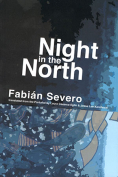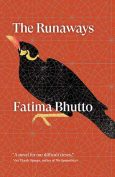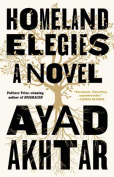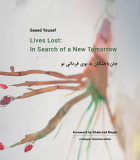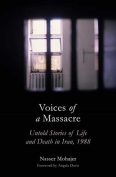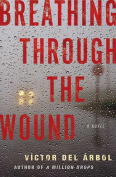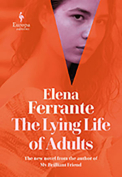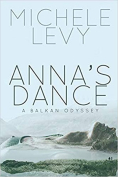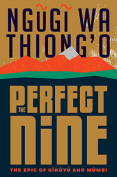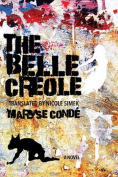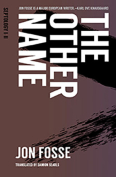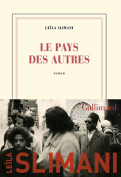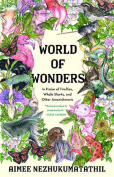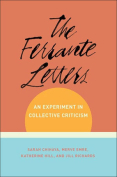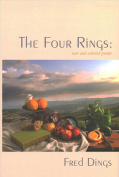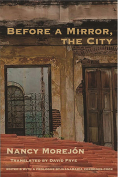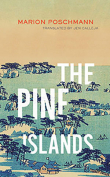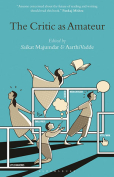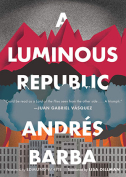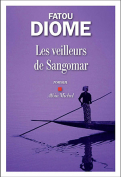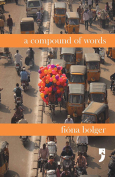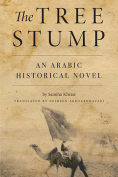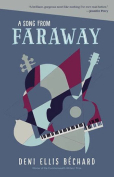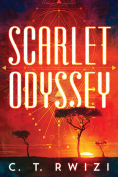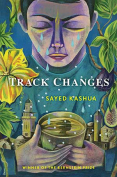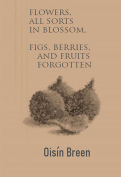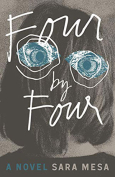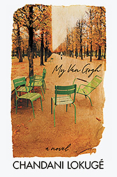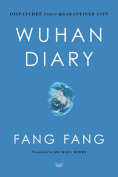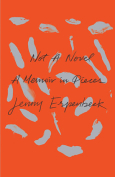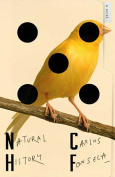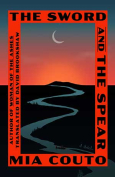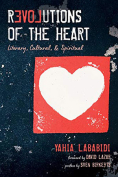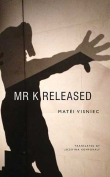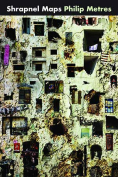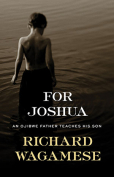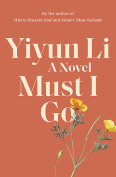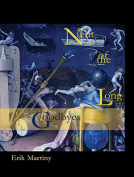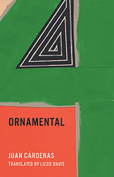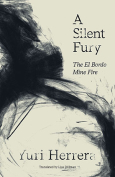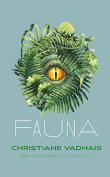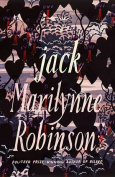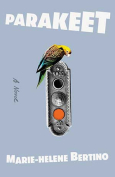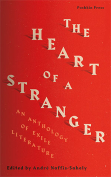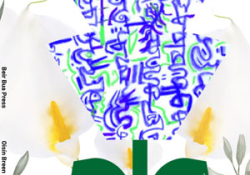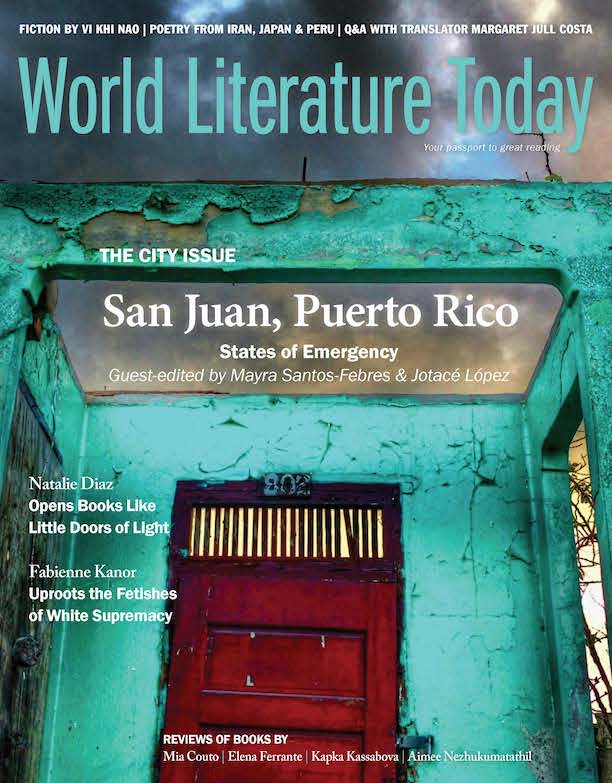Flowers, All Sorts in Blossom, Figs, Berries, and Fruits Forgotten by Oisín Breen
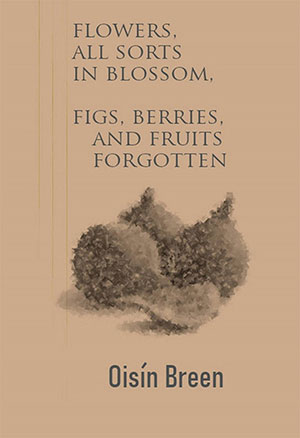 Edinburgh, UK. Hybrid Press. 2020. 95 pages.
Edinburgh, UK. Hybrid Press. 2020. 95 pages.
OISÍN BREEN’S Flowers, All Sorts in Blossom, Figs, Berries, and Fruits Forgotten is an unrestrained book of free-form poetry that defies form and certainty. Like the title, the work inside is exuberant and prolific. But while fruit is a culmination of one kind of life, and an excess of sweetness, Breen tries to capture the totality of living in this variform collection.
The first section (a long poem in numbered sections) is entitled “Isn’t the Act of Placing Flowers on a Tomb a Gesture of Bringing a Little Life Back to the Dead?”; and the title comes from one of its more straightforward passages: “I place flowers on my father’s grave, / a gesture, like any other, / to bring life to the dead. / And beside me two junkies eat a watermelon from a plastic bag, / And a black and white tit hops beneath their feet.” This gesture takes place in a tableau that is already full of life, and what is here an assertion is a question in the title, because of course the dead bring something to life in the speaker: “Now my palms are blanched in a pattern of earthveined rust, / and as pebbles, indicative of meaning, litter the sky of sand, its absence is a comfort.” The poem roams from this grave to ageless questions such as What does it mean when those who’ve given us life have passed on? For example, section 11 tries to sort this question through a series of anaphoric pronouncements of the speaker describing such moments as add up to a life: “I am hot sweat on Maltese streets aware of the lies I am telling just for a kiss because I am so afraid I have forgotten how to feel”; “I am sitting beside Stephen and we’re laughing”; and “I am chasing Clara around the room.”
Despite these anecdotes, readers looking for clear didactic meanings or simple biographical confessions will be frustrated. Breen often has no directly mimetic content and instead relies on music and association. Some lines must be read aloud if not rapped or chanted to be fully appreciated, making a concrete poetry of sound. Other times, we find a jumble of impressions and philosophy such as these lines in the final poem: “Of form then, we are explicit, / A ribald phallus out of which our ordinariness, / our nature as phantasmagoria in C minor, / our tense subterfuge in symbolism, / out of which everything is ejaculated, / out of which our gushing fountain-head of knowing is born.”
Flowers, All Sorts in Blossom, Figs, Berries, and Fruits Forgotten is rich with references from modern Dublin to vanished Babylon and the mythical king Gilgamesh. The treatment of the self in deep time, the use of symbolism, and the book’s impatience with form may challenge a reader, but it is a rewarding book to read and a model of contemporary poetic craft.
Greg Brown
Mercyhurst University
